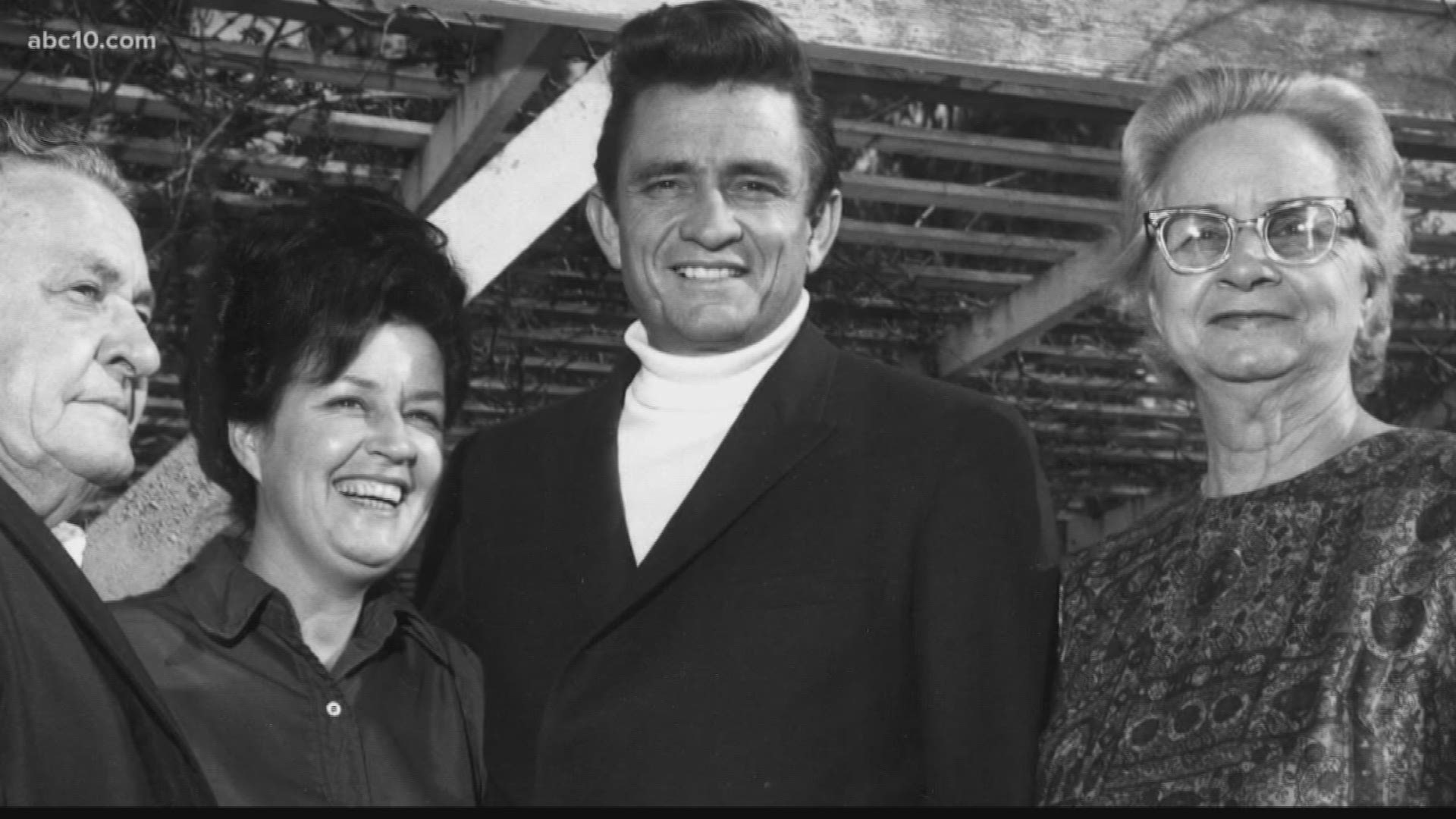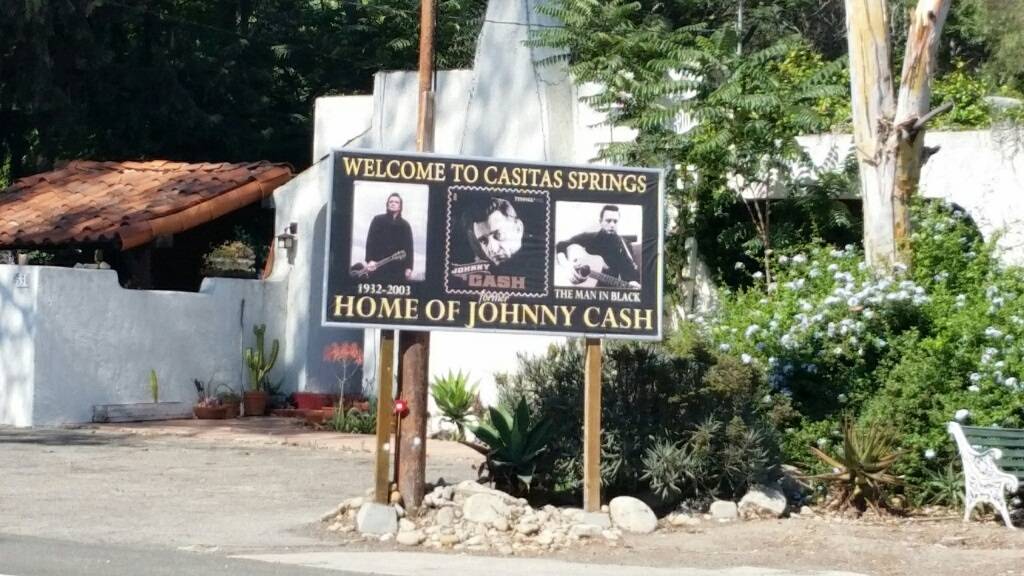

Cash was popular in prisons across America and was known to correspond with imprisoned fans, and first played at Folsom in 1966 on the suggestion of a local preacher. F Well, if they freed me from this prison, If that railroad train was mine, I bet Id move out over a. A decade later, Cash's alcoholism and addiction to pills had taken a marked toll on his health. F I bet theres rich folks eatin, In a fancy dining car, Theyre probably drinkin coffee, And smokin big cigars, Bb But I know I had it comin, F I know I cant be free, C7 But those people keep a-movin, F And thats what tortures me. The song, characteristically mournful, is written from the point of view of an inmate "stuck in Folsom Prison" after shooting a man in Reno "just to watch him die" - Cash explained that he wanted to come up with the most senseless reason imaginable for the speaker to have committed murder. It was not his own experience but rather the crime film Inside the Walls of Folsom Prison that inspired him to pen "Folsom Prison Blues," which was a modest hit for Cash in 1956. The concert and the subsequent live album launched him back into the charts and re-defined his career.ĭespite his outlaw image, Cash never went to prison, save for a few nights drying out in various jails. honzinosw Folsom Prison Blues johnnycash folsomprisonblues kalaukulele kala ukulele ukulelecover Chop Suey chopsuey systemofadown cover.

In the midst of depression and a steep decline in his musical career, legendary country singer Johnny Cash arrives to play for inmates at California's Folsom Prison on January 13, 1968.


 0 kommentar(er)
0 kommentar(er)
